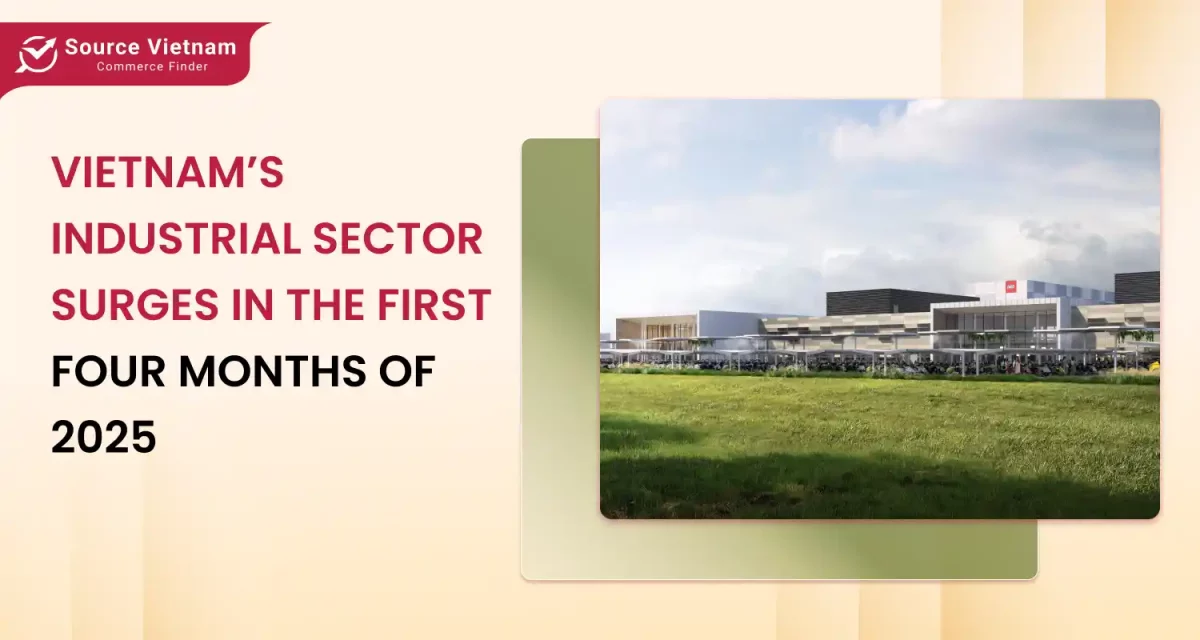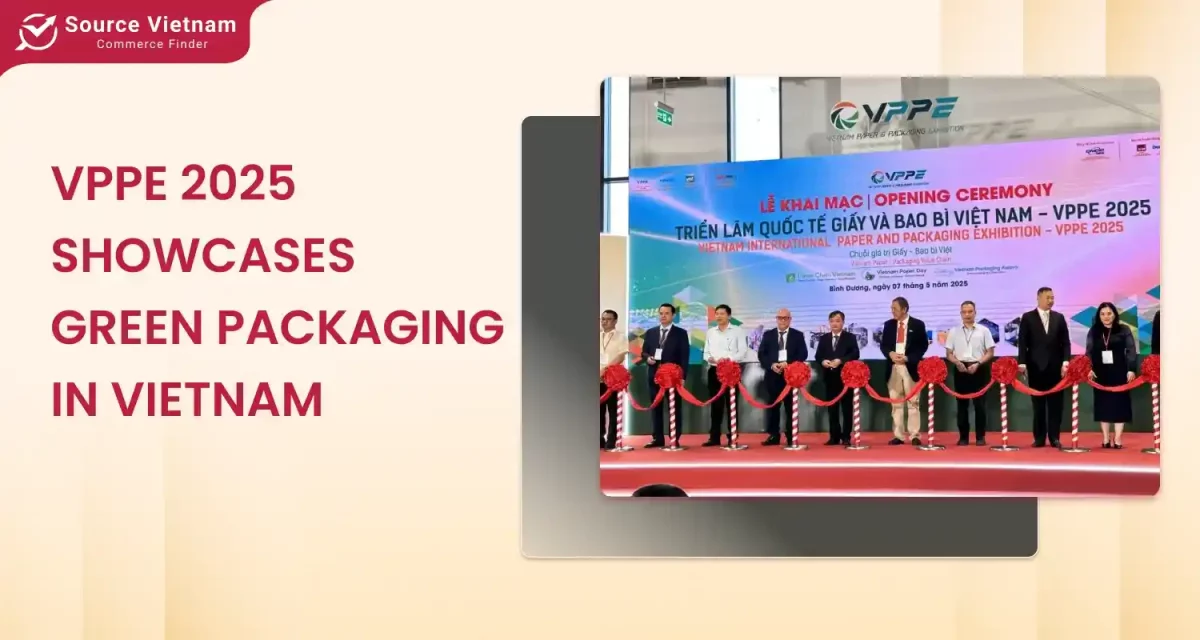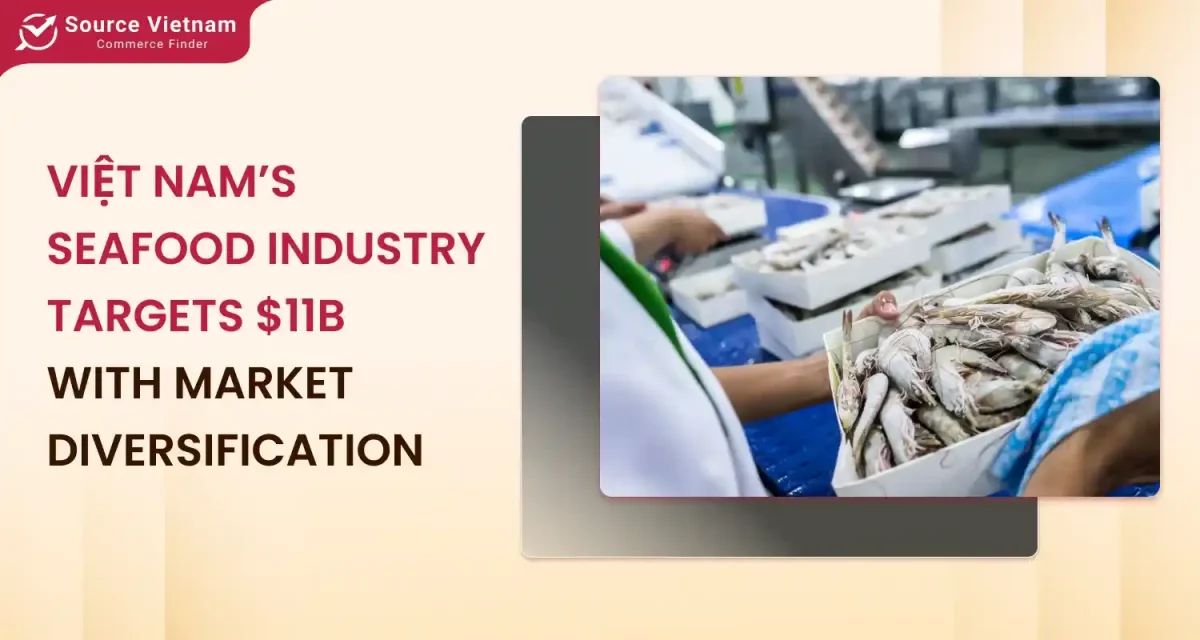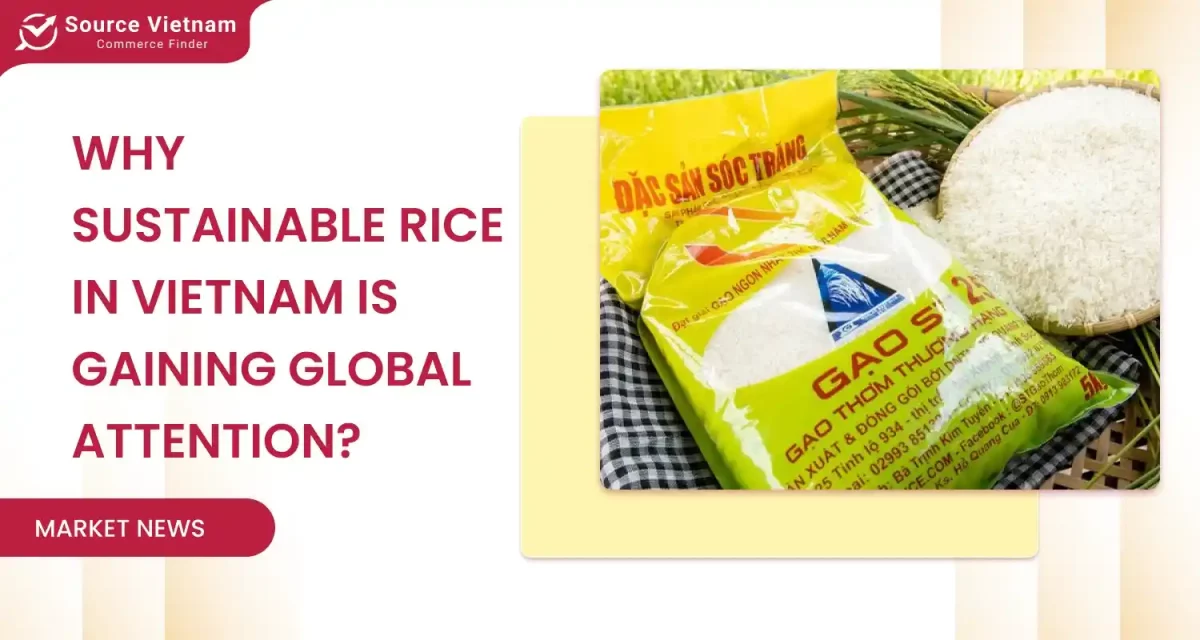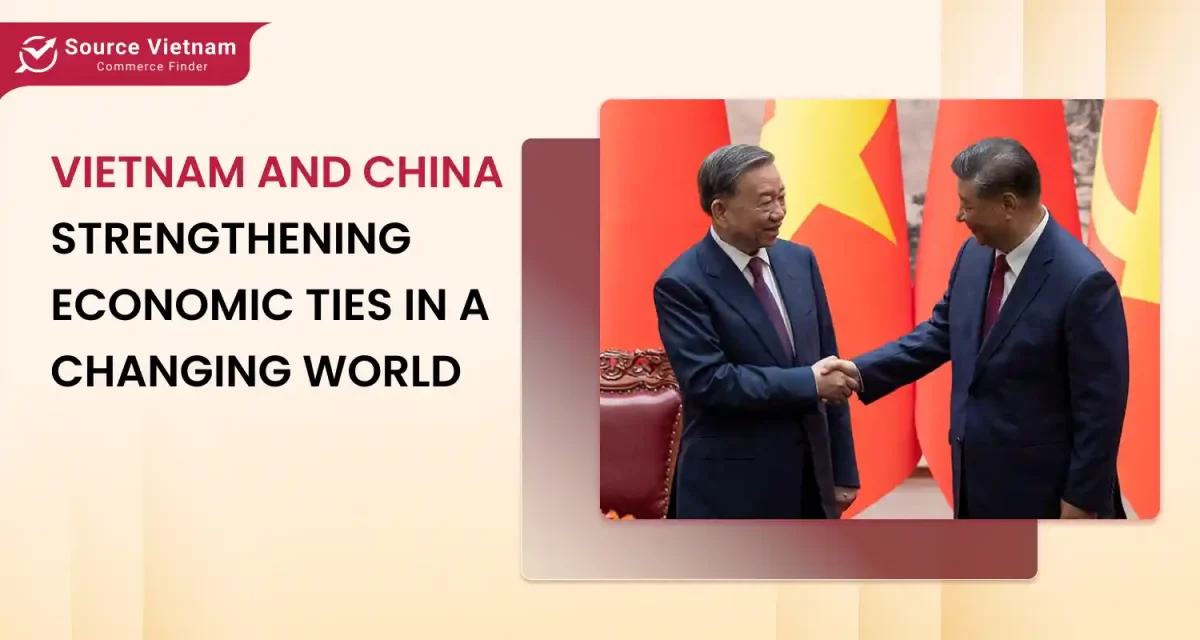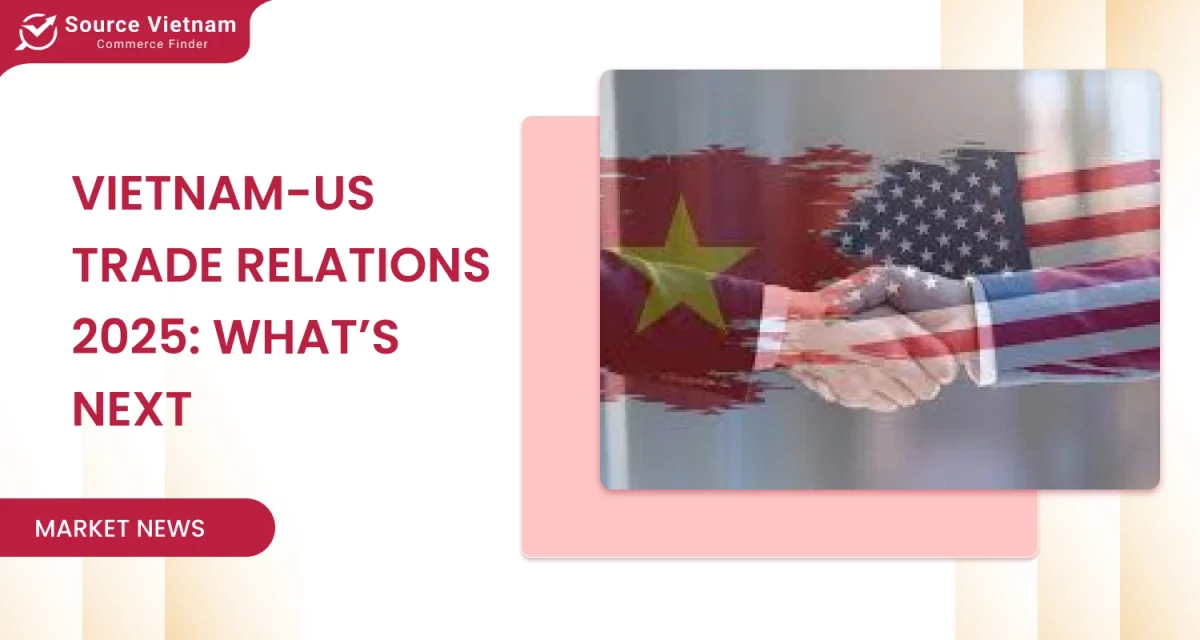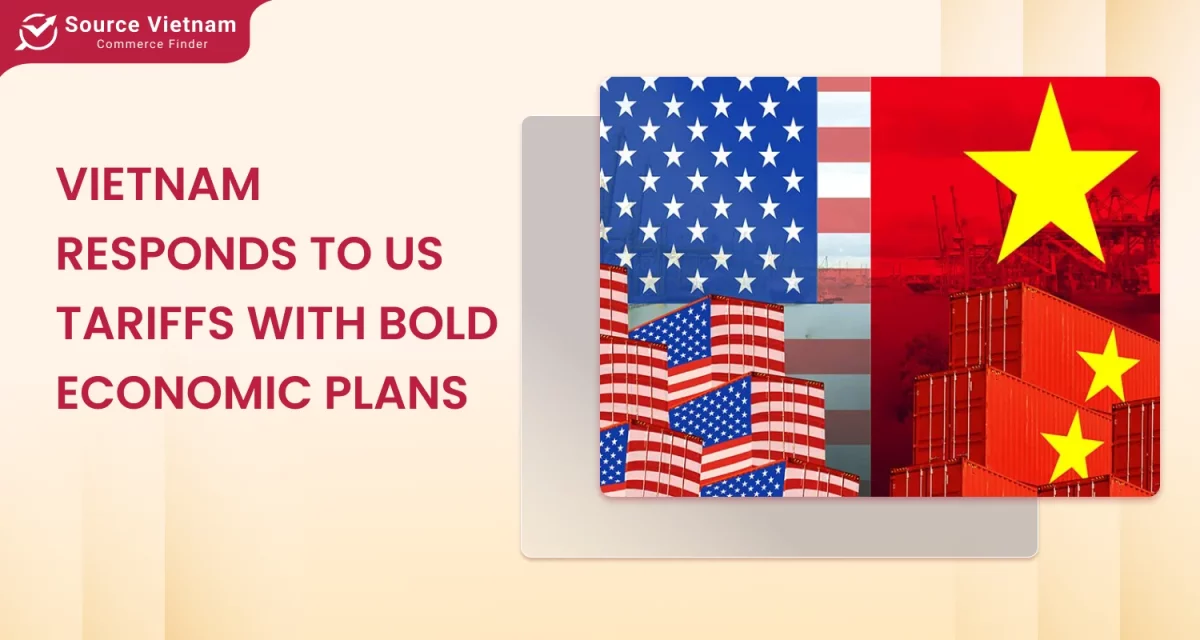Insight:
- Vietnam’s Ministry of Health has issued Circular No. 08/2025/TT-BYT to tighten food export regulations, requiring strict certification processes, international safety standards, and enhanced transparency.
- These changes boost Vietnam’s credibility as a global food supplier and offer international buyers greater confidence in product quality, safety, and traceability.
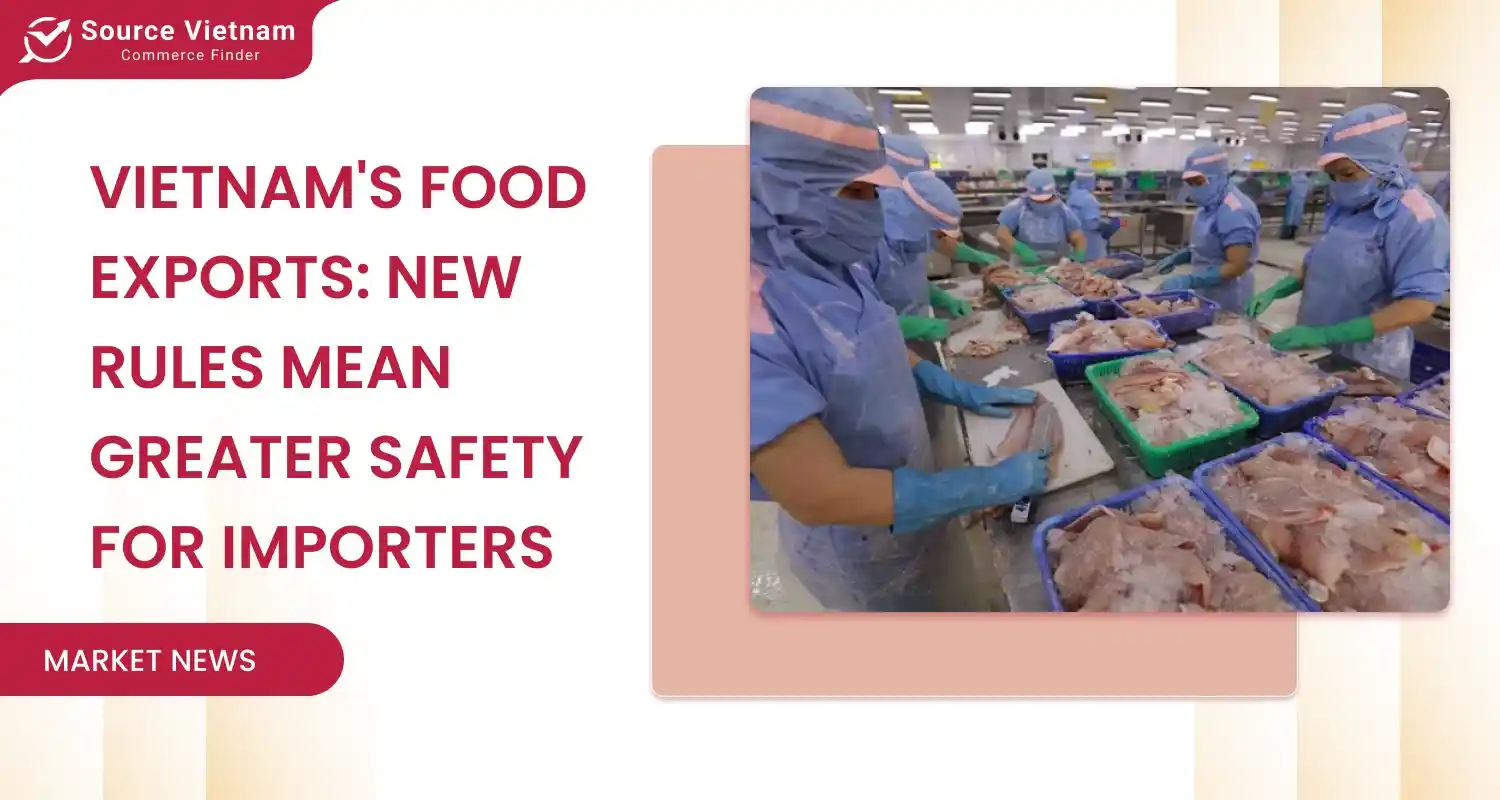
HÀ NỘI – Vietnam’s Ministry of Health has introduced updated rules to enhance the quality and safety of food exports, reinforcing the country’s standing as a trustworthy global supplier. The newly issued Circular No. 08/2025/TT_BYT, effective from March 7, sets out stringent documentation and procedural requirements for obtaining export food certifications.
Detailed certification process for exporters
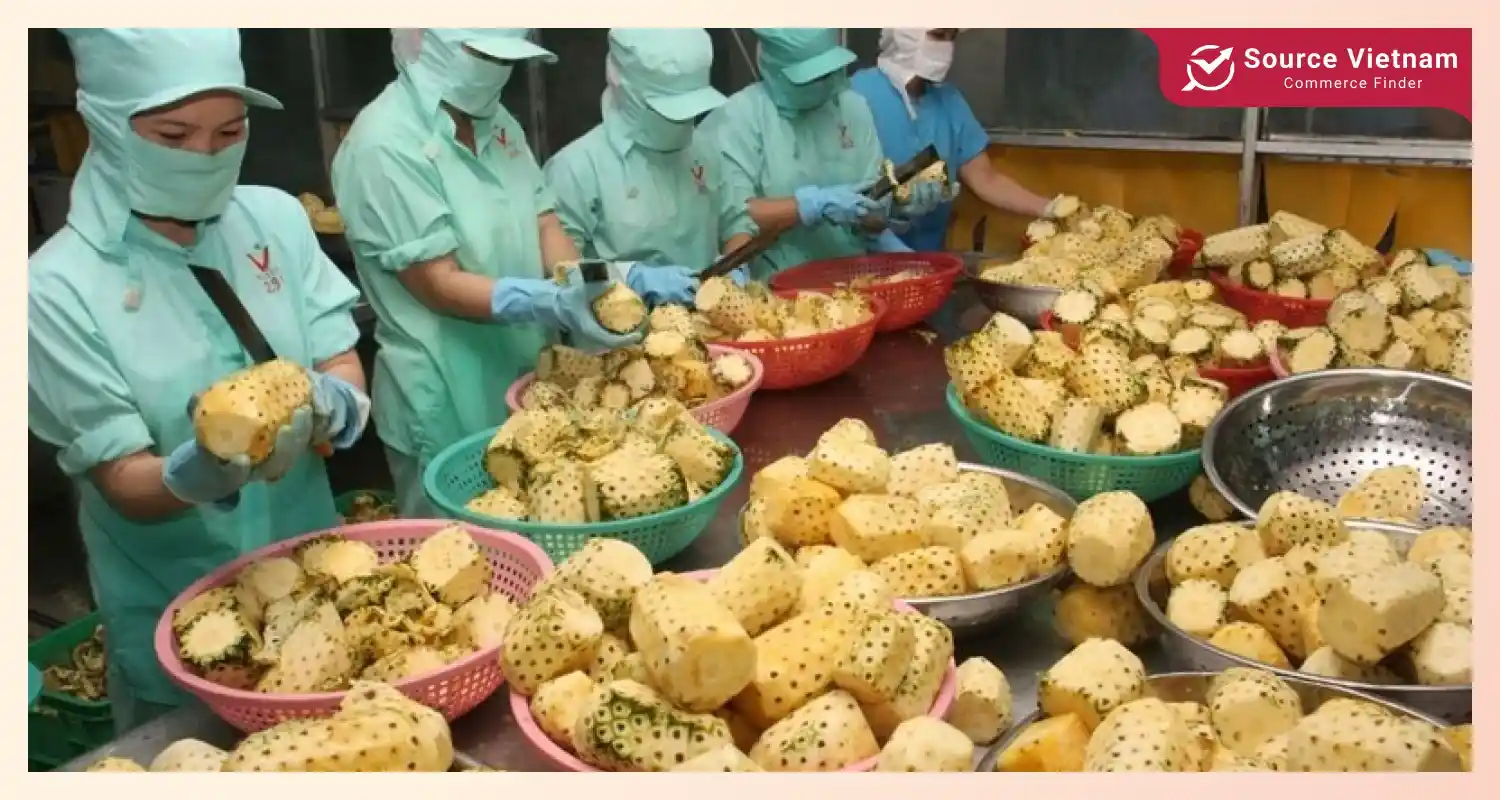
The circular mandates a structured application process to ensure transparency and compliance. Exporters must adhere to the following steps:
1. Formal application: Submitting a detailed application using the form provided in the circular’s annex. This form serves as the initial step in the certification journey.
2. Facility compliance: Ensuring the food production facility holds a valid Certificate of Eligibility for Food Safety or internationally recognized certifications such as GMP, HACCP, ISO 22000, IFS, BRC, or FSSC 22000. These certifications demonstrate adherence to global food safety standards, crucial for international trade.
3. Rigorous testing: Providing a comprehensive food safety testing report based on a sample from the export batch. This report, issued by a designated or ISO 17025 accredited laboratory, confirms compliance with national, international, or specific technical standards.
4. Fee payment: Submit proof of payment for the certification assessment fee, as prevailing regulations stipulate.
5. Import country-specific requirements: Providing additional supporting documents as required by the importing countries to meet their import requirements.
Applications can be submitted through the online public service system, in person at the One Window service office, or via postal services to the Food Safety Authority under the Ministry of Health. The certification process is streamlined, with a turnaround time of five working days for complete applications. Incomplete applications will require amendments within 90 days, or they will be invalidated.
Stringent revocation criteria
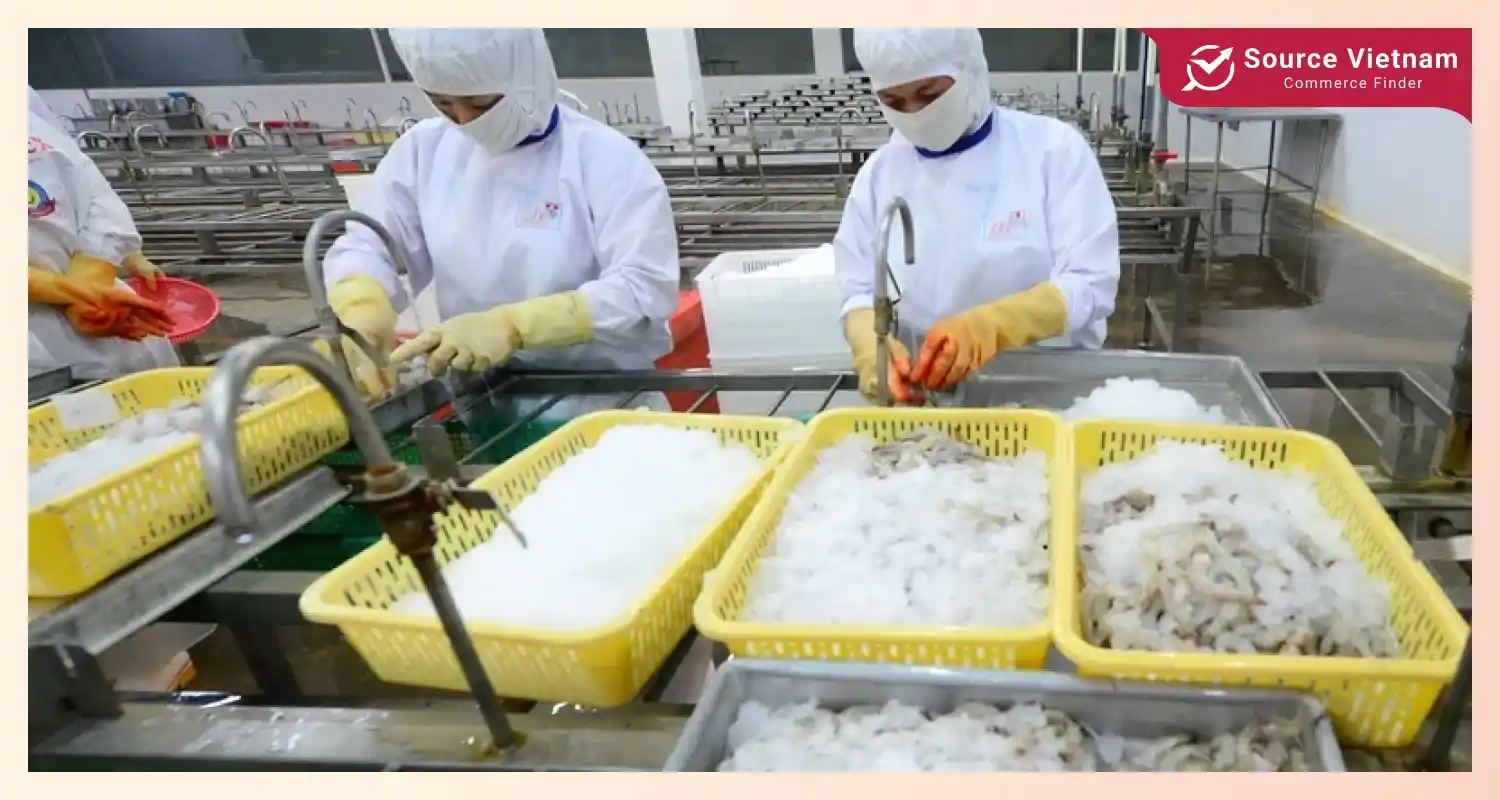
To maintain the integrity of the certification process, Circular No. 08 outlines clear conditions for certification revocation, including:
- Submission of falsified or non-compliant documents.
- Failure of export batches to meet declared standards.
- Revocation of the production facility’s food safety certificate.
- Certification issued by unauthorized entities.
Benefits for international buyers
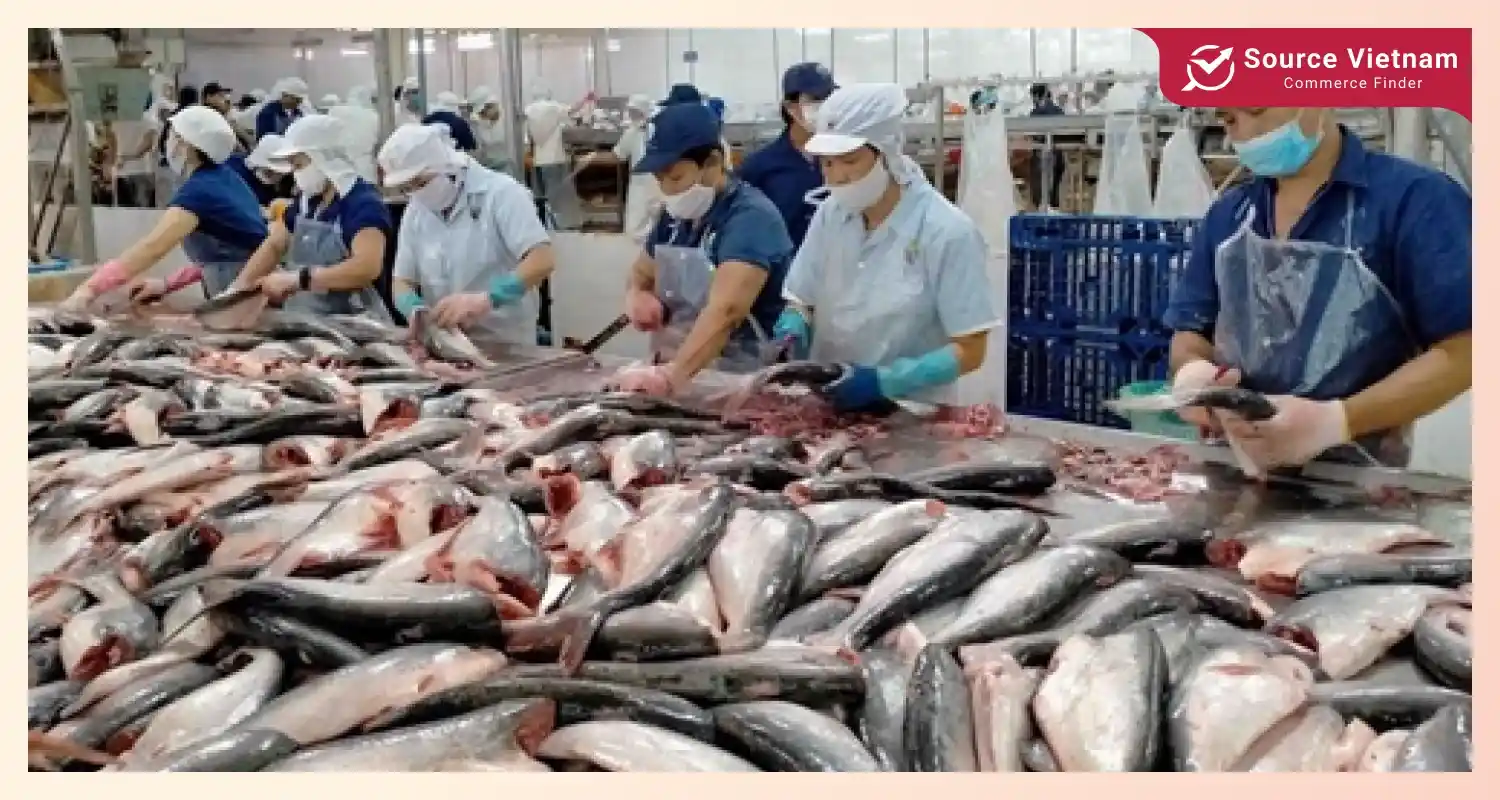
These new regulations bring significant advantages to international buyers sourcing food products from Vietnam:
- Enhanced food safety assurance: The mandatory international certifications and rigorous testing protocols ensure Vietnamese exports meet the highest global food safety standards, reducing risks for importers and consumers.
- Increased transparency and traceability: The structured application and certification process promotes transparency, allowing buyers to trace the origin and production of their food products.
- Consistent quality: The regulations guarantee consistent quality across export batches by requiring facilities to adhere to standards like HACCP and ISO 22000.
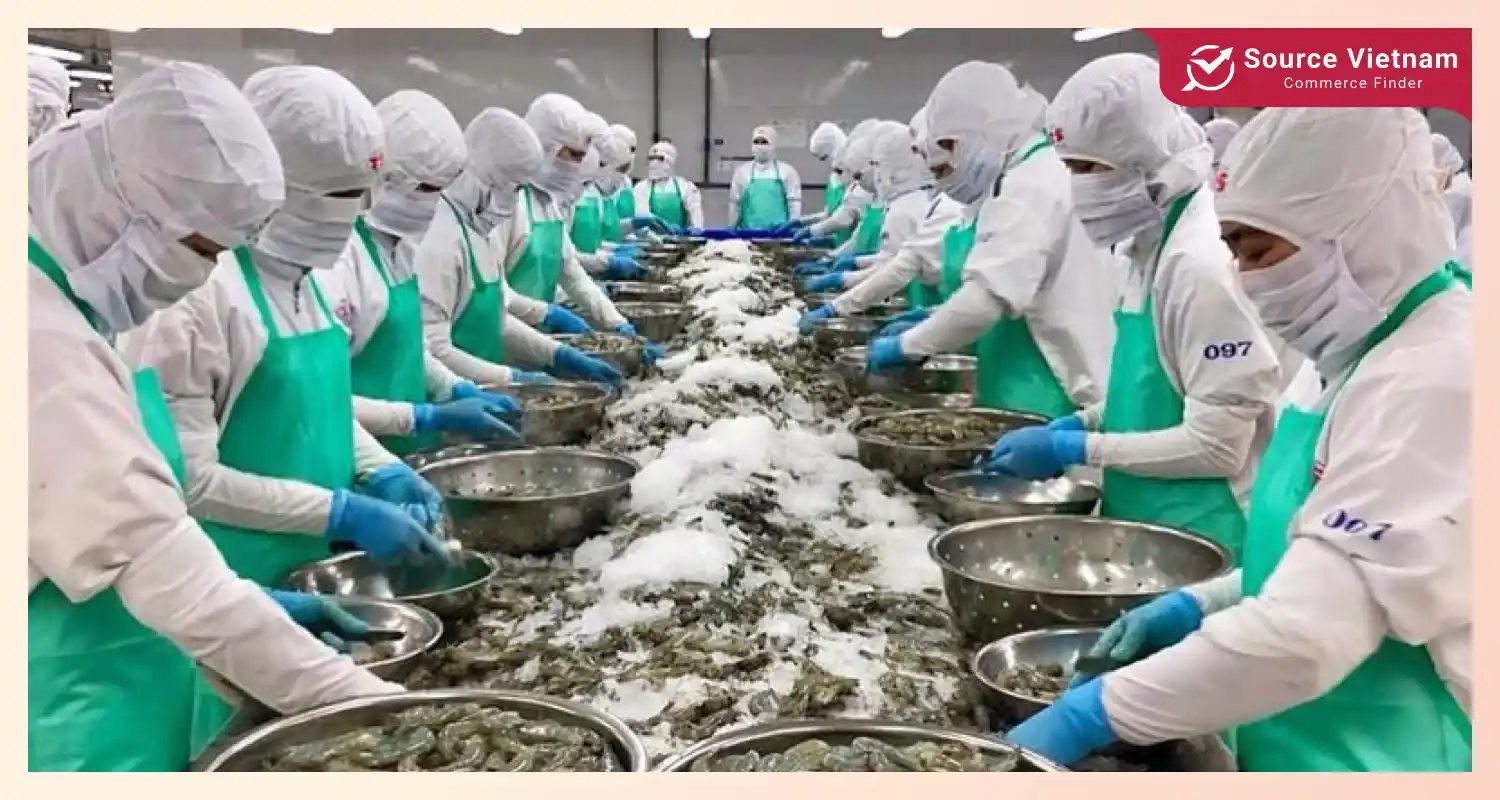
- Reduced regulatory hurdles: Streamlined procedures and clear documentation requirements facilitate smoother import processes, minimizing delays and complexities for international buyers.
- Strengthened supply chain reliability: These regulations build confidence in the Vietnamese food export sector, fostering long-term, reliable supply chain relationships.
- Protection of brand reputation: By purchasing food from certified Vietnamese exporters, international buyers can safeguard their brand reputation by providing high-quality and safe products.
Alignment with global standards: The emphasis on international certifications demonstrates Vietnam’s commitment to aligning with global best practices, making it an attractive and trustworthy trading partner.
Implementing Circular No. 08 reflects Vietnam’s commitment to enhancing its food export sector, ensuring international buyers receive safe, high-quality products. These regulations are set to strengthen Vietnam’s position as a leading food supplier in the global market.
Conclusion
In conclusion, Circular No. 08 marks a pivotal step in Vietnam’s journey to becoming a global leader in food exports. By tightening safety standards, improving transparency, and aligning with international regulations, Vietnam reinforces its reputation as a reliable, high-quality partner for international buyers.

